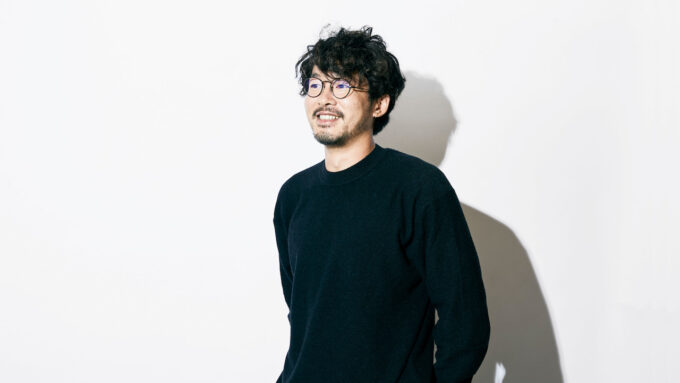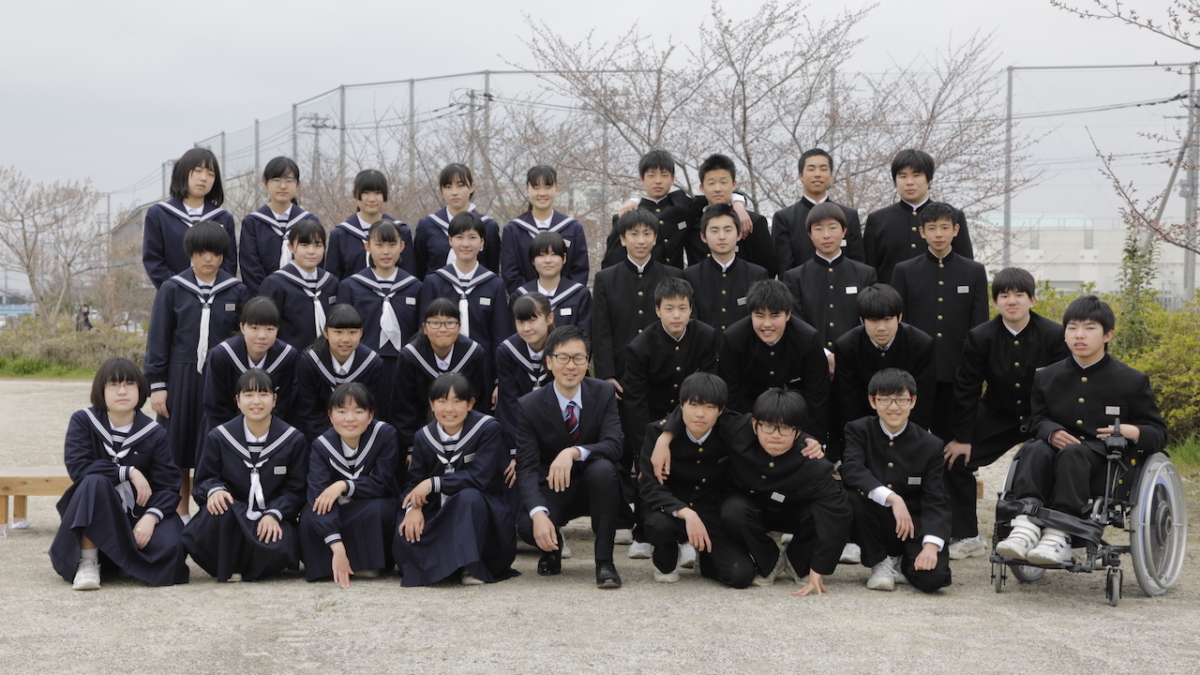Written By: Jeremy Lim
This article may contain spoilers.
Adults love to wax poetic about their nostalgia associated with being a kid and kids love to talk about how they just want to grow up. But nobody thinks back fondly about middle school. That awkward, in-between phase of your life filled with hormonal angst and delusions of grandeur is something that most people want to tuck away and leave in the past for good. “Bookmark 14,” does the exact opposite and puts the camera in front of a group of Japanese students entering their second year in middle school.
The film begins with an interesting but entirely worthwhile disclaimer: “The students featured in the following film are living persons. Please refrain from posting comments on social media that may violate their privacy or affect them negatively in any possible ways.” This disclaimer shows the audience the intent of the film and also the integrity that is coupled with it. “I wanted this film to create an opportunity for them to be kind and positive towards the people around them,” director Takebayashi Ryo told me via email. The film as a whole plays out as less of a forced, drama-filled storyline but rather a simple timeline, something the students could look back on one day to relive their youth.
Over the course of “Bookmark 14,” the viewer gets introduced to every single student of a particular class. One at a time, we hear from 13 and 14 year olds as they peel back the curtain to show us everything from their dreams to their deepest insecurities. Each student in this class has an interesting viewpoint to share. Many of them could be classified into typical school roles like the jock, or the nerd, or the class clown, but the interviews sprinkled in throughout the film show us we would be doing these kids a significant disservice by trapping them in these labels. We see the typical “class clown” talk about his thought processes that led him to becoming that person and we hear one of the “jocks” talk about deep regrets in his personal life. These kids open up to the viewer with a shocking amount of clarity and, at times, outright cynicism. It’s rare to hear kids talk about their feelings with such perspective.
However, according to Takebayashi, that’s not how it always was. “Filming did not go smoothly at first … it took time and effort from the staff.” Even scouting locations for the film was intense. “We researched a few thousand schools and about four schools were willing to be filmed.” Out of those four, it came down to Takebayashi’s particular interest in making sure the main subjects of his film were as relatable as possible. “I wanted to choose a co-ed middle school that was as ordinary as possible. The school that agreed to help was located in an area that was between urban and rural, and had many average elements that most Japanese people would feel they had seen before,” he said. “There, I thought I would be able to film the universal image of a 14-year-old.”
This relatability and familiarity found within the students are integral to the meaning behind this film. The filmmakers went to such lengths to find that run-of-the-mill middle school because they wanted the audience to start thinking about these teenagers with care and introspection, as they started to do after interviewing all 35 students. Takebayashi said, “I would walk by a passerby that I never gave any thought to before and wonder ‘What were they like when they were fourteen?’ I wondered this about everyone that came into my view; people that were completely irrelevant before. It was then that I decided that I wanted my audience to take this feeling home.”
Director Takebayashi also wanted to make sure his film reached and affected the same people that he and his crew spent months filming. “… [I] wanted teens, through looking at fourteen-year-olds living in the present, to realize that their lives are dramatic, everyone has their problems, and even if something seems small, it can be important to themselves.”
Issues like trouble fitting in or depression among teenagers in Japan are handled with tact and shown from multiple angles. These ideas are especially prevalent when we are introduced to one student who stops showing up to class. We learn about what led up to his absence and we see one of his classmates earnestly try to get him back. We also meet a student in a wheelchair doing his best day to day to keep up with his other non-disabled classmates. The film never gives us a solution or a real conclusion to these feelings or issues but it does well in spotlighting these matters and not sugar coating them.

That’s the most impressive thing about this documentary: the audience is able to jump into a classroom of middle schoolers and relate to all of them instantly. However, we never dive too deep into their personal lives, as the filmmakers felt it was very important to let the students reveal as much as they felt comfortable doing. Whether you’re Japanese or not, some feelings and experiences have no borders, and the trepidation felt at that time is universal. When we see one student talking about how they want to become more social or another trying to confess their feelings to a classmate, we empathize because we’ve all been there.
This idea of jumping right in the thick of things and showing the world these stories came from a song called “Shiori” or “bookmark” by Japanese rock band CreepHyp, which acts as the film’s ending song. “Taking the lyrics ‘I don’t want to be summed up as a brief synopsis/ Our story makes no sense when it’s read from the middle’ as inspiration, we ended up wanting to film people going through the third semester of eighth grade, a period riddled with uncertainty that everyone went through,” Takebayashi said.
In the aftermath of filming, Takebayashi and crew have stayed in contact with the film’s protagonists. They’ve set up a group chat where they share support and positive feedback on the film with parents and guardians of the students. They also revel in good news they hear about any of the students. Through anecdotes like these, you can see how important changing the narrative of growing up was for everybody involved.
“Bookmark 14” acts as a video yearbook for a class of kids that have laughed together, cried together and even struggled together. For three months, Takebayashi Ryo and his crew captured everything this class did in school, from small things like gym class to bigger ones like the last day of school. As the students began to warm up to the camera and open up about their feelings, we became engrossed in the small ups and downs of their lives. Though many of the students were confused about why anybody would want to watch a film about them, seeing the film makes it crystal clear.
“Bookmark 14” makes its international premiere at the 44th Asian American International Film Festival. Ticket and screening information can be found here.

